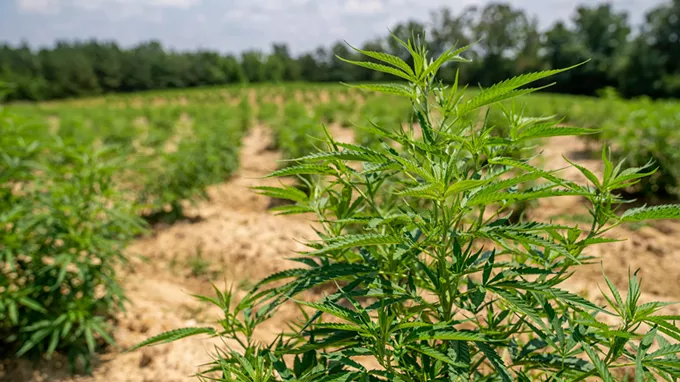The Path to Legalization
Arizona's path to cannabis legalization has been shaped by persistent advocacy and evolving public sentiment. Medical cannabis was legalized in 2010, followed by the approval of recreational use in 2020. Tucson played a key role in this transformation. Local advocacy groups, community leaders, and residents actively supported legalization measures, contributing to the broader shift in statewide perspectives.
Voter turnout in Tucson significantly influenced the passage of Proposition 207, which legalized recreational cannabis. Grassroots campaigns and educational initiatives helped inform the public about the benefits and regulatory structures surrounding cannabis use. This local momentum reflected a broader desire for reform and highlighted Tucson's commitment to progressive change.
Cannabis Business Boom in Tucson
Since legalization, Tucson has experienced substantial growth in its cannabis industry. The city has an expanding network of dispensaries, cultivation centers, and production facilities. These businesses have broadened consumer access and contributed to significant economic development.
Job creation is one of the most visible impacts. The industry has opened diverse employment opportunities from cultivation experts to retail staff. Additionally, tax revenues from cannabis sales have provided financial support for public services and community initiatives. These economic benefits underscore the role of the cannabis sector in strengthening Tucson's local economy.
Tucson’s Unique Cannabis Offerings
Tucson's cannabis market reflects the city's unique cultural and environmental influences. Local dispensaries and producers have embraced innovation, offering products that resonate with the community's preferences and desert heritage.
Innovative offerings include desert-inspired gummies, craft cannabis seltzers, and strains developed to reflect the local terroir. Some products feature branding highlighting Tucson's distinctive landscapes, incorporating desert motifs and native plant imagery. This connection to place not only differentiates Tucson's cannabis products but also enhances their appeal to locals and visitors.
Community and Culture
Cannabis is becoming an integrated aspect of Tucson's broader cultural and wellness landscape. Local events, from art shows to music festivals, increasingly incorporate cannabis-friendly elements, creating inclusive spaces for community engagement. Additionally, wellness trends in the city are embracing cannabis as part of holistic health approaches, including products designed for stress relief, sleep support, and pain management.
Social equity remains an essential focus in Tucson's cannabis market. Efforts are underway to ensure historically marginalized groups have access to business opportunities and employment within the industry. Programs supporting minority-owned cannabis businesses and initiatives promoting diversity help foster an inclusive and equitable market.
The Future of Tucson’s Cannabis Industry
Looking ahead, Tucson is well-positioned to lead in cannabis innovation and tourism. The city's rich cultural backdrop and natural beauty offer unique opportunities for developing cannabis-related experiences, such as wellness retreats and educational tours. Additionally, local entrepreneurs and businesses continue to explore new product innovations that reflect the city's creative spirit.
Predictions for industry growth in Tucson remain strong. As regulations evolve and consumer demand increases, the city will likely see further expansion in cultivation, production, and retail sectors. This growth holds potential for continued economic development and deeper integration of cannabis into Tucson's cultural fabric.
Conclusion
Tucson's role in Arizona's cannabis revolution is marked by advocacy, innovation, and community engagement. From its early contributions to legalization efforts to its current status as a hub for cannabis business and culture, Tucson exemplifies how this dynamic industry can shape a city. As the market evolves, Tucson is poised to remain a leader in advancing cannabis innovation and fostering inclusive community growth.







